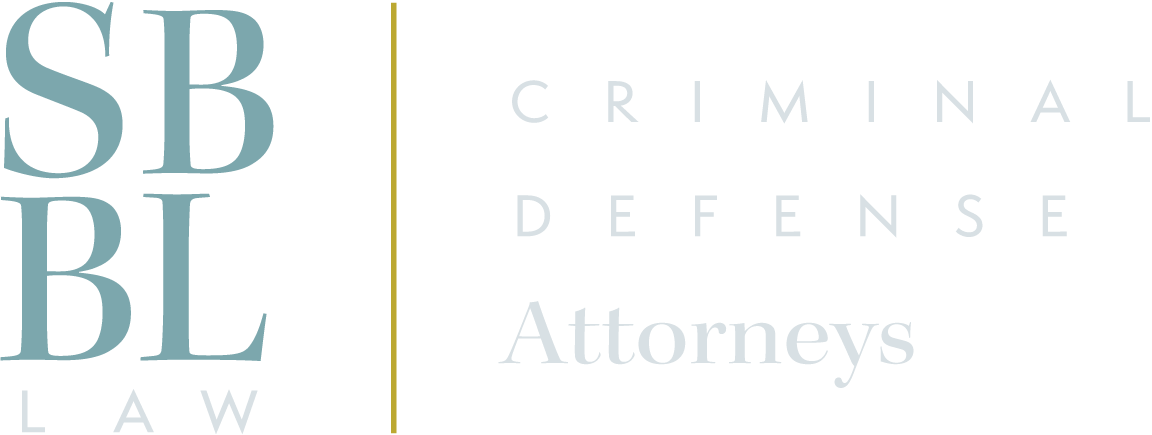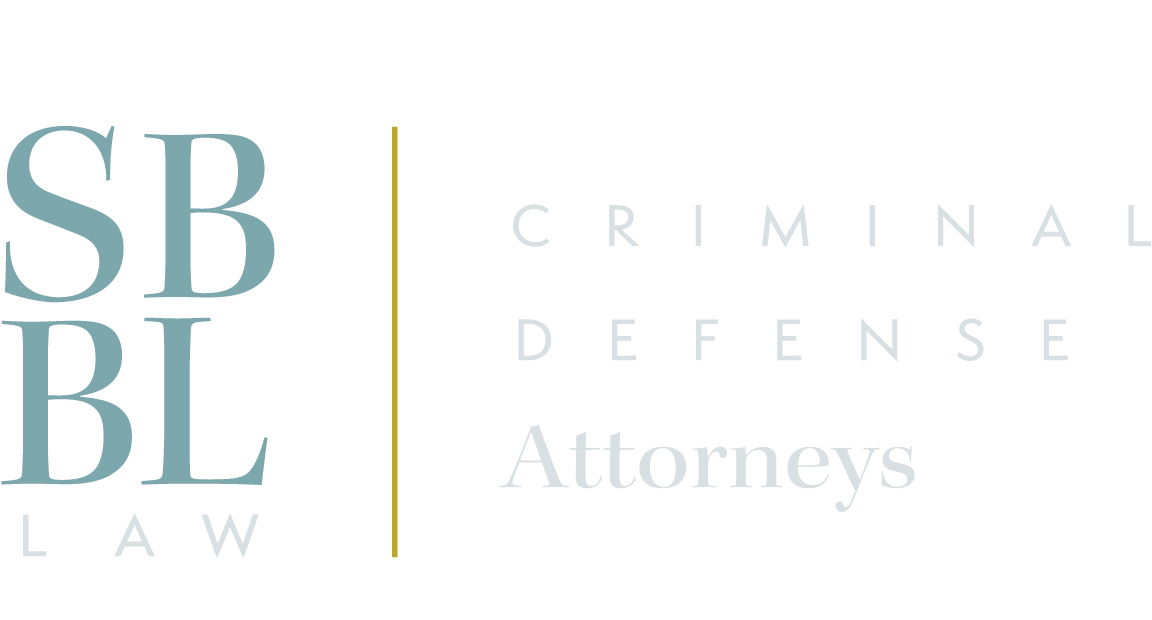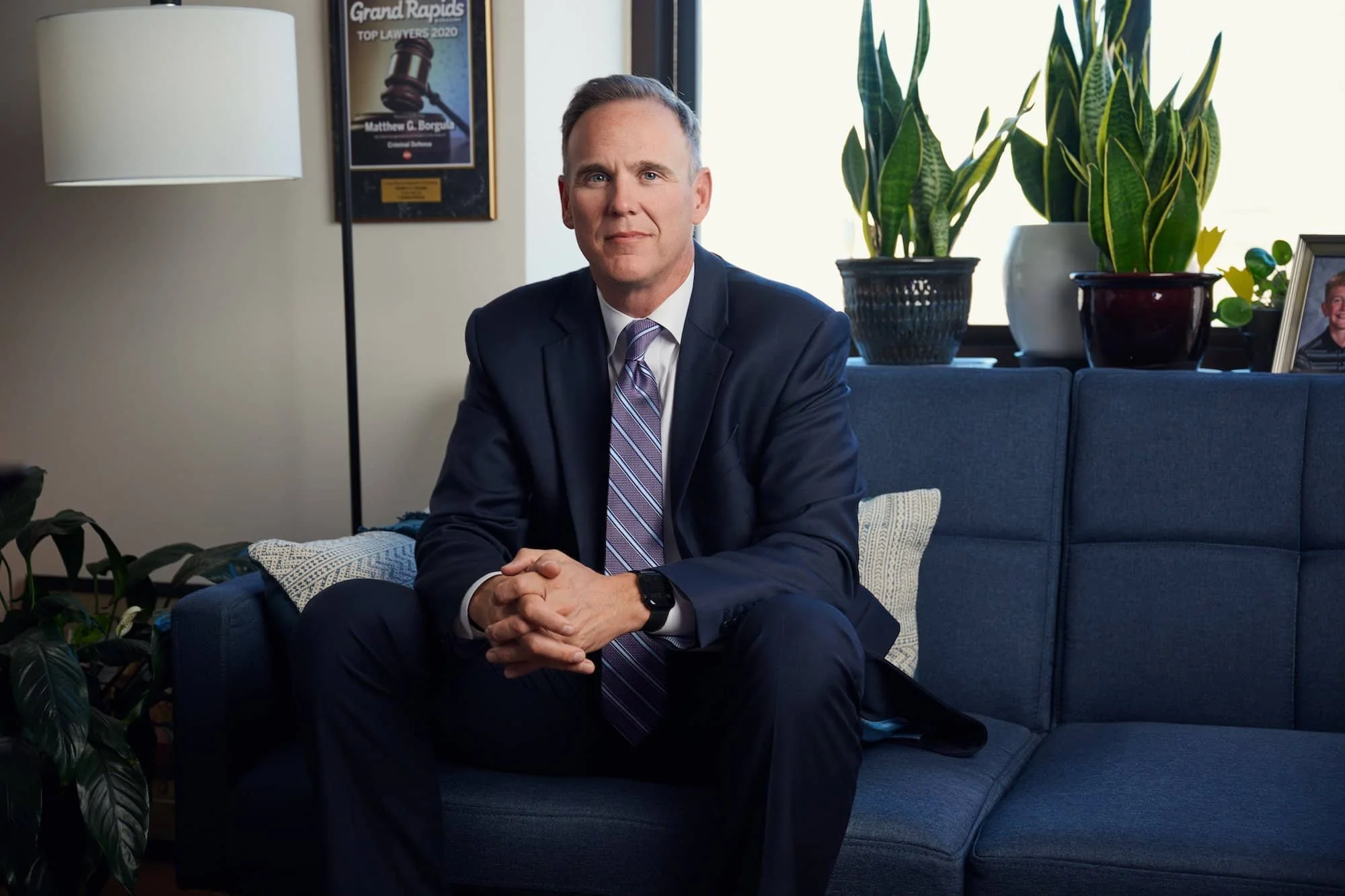What is Healthcare Fraud?
Examples of healthcare fraud and possible defenses if you are charged with a healthcare-related crime.
If you suspect that you might be under investigation for healthcare fraud, it's crucial to seek legal advice immediately.
Consulting an attorney who specializes in healthcare law or white-collar criminal defense can help protect your rights and provide guidance on how to proceed.
What laws govern healthcare fraud?
Fraud and abuse in healthcare is governed by a combination of federal and state laws, including but not limited to:
False Claims Act (FCA): The False Claims Act prohibits individuals and entities from submitting false or fraudulent claims for payment to the government. This includes submitting claims for services or goods not provided or knowingly misrepresenting information to receive payments.
Anti-Kickback Statute (AKS): The Anti-Kickback Statute makes it illegal to offer, pay, solicit, or receive remuneration in exchange for referring patients or arranging for the provision of items or services that are reimbursable by federal healthcare programs such as Medicare or Medicaid.
Physician Self-Referral Law (Stark Law): The Stark Law prohibits physicians from referring Medicare or Medicaid patients to entities with which they have a financial relationship for certain designated health services unless an exception applies.
Health Insurance Portability and Accountability Act (HIPAA): While primarily focused on patient privacy and data security, HIPAA also includes healthcare fraud and abuse provisions. It criminalizes fraudulent activities, such as knowingly obtaining or disclosing individually identifiable health information for personal gain.
Health Care Fraud Statute (18 U.S.C. § 1347): This statute specifically addresses healthcare fraud and makes it illegal to knowingly and willfully execute, or attempt to run, a scheme to defraud any healthcare benefit program or obtain money or property using false pretenses, representations, or promises.
Controlled Substances Act: This act regulates the manufacture, distribution, and dispensing of controlled substances. Healthcare fraud related to prescription drug abuse and illegal distribution of controlled substances can fall under this law.
Medicare and Medicaid Laws: Various laws and regulations specific to the Medicare and Medicaid programs provide government-funded healthcare services. Fraudulent activities involving these programs are subject to legal action.
What unethical actions constitute healthcare fraud?
Healthcare fraud is intentionally deceiving or misrepresenting information to gain financial benefits within the healthcare industry. Some examples of unethical activities that can constitute healthcare fraud include:
Billing for Services Not Rendered: Submitting claims to insurance companies, Medicare, or Medicaid for medical services, procedures, or treatments not provided to the patient.
Upcoding or Unbundling: Assigning a higher billing code than the actual service provided (upcoding) or deliberately billing separately for components that should be billed as a single service (unbundling) to receive higher reimbursement rates.
Providing Medically Unnecessary Services: Offering medical services, tests, or treatments that are not medically necessary solely to generate revenue from insurance reimbursements.
Kickbacks and Referral Schemes: Receiving or offering financial incentives, gifts, or services in exchange for referring patients to specific healthcare providers, facilities, or services.
Phantom Billing: Charging for medical services or supplies that were never provided, including billing for fictitious patients or services.
Misrepresentation of Credentials: Pretending to have qualifications, licenses, or certifications that one does not possess to practice medicine or provide healthcare services.
Falsifying Medical Records: Altering medical records, test results, or patient information to support fraudulent claims or to cover up unethical practices.
Double Billing: Charging patients and their insurance providers for the same service, treatment, or procedure.
Forgery or Identity Theft: Falsifying patient signatures, medical provider signatures, or other relevant documentation to support fraudulent claims.
Prescription Drug Fraud: Engaging in activities such as overprescribing medications, forging prescriptions, or diverting prescription drugs for personal use or illegal distribution.
Pharmacy Fraud: Billing for never dispensed medications, providing expired or counterfeit drugs, or submitting fraudulent claims for compounded medications.
False Diagnosis: Deliberately misdiagnosing patients to justify unnecessary medical treatments or procedures.
Telemedicine Fraud: Using remote healthcare services to bill for services not provided or to engage in other fraudulent activities.
Identity Theft and Patient Poaching: Stealing patient information to submit fraudulent claims or attempting to lure patients away from their established healthcare providers.
Exaggerating Cost*: Inflating the costs of medical equipment, supplies, or services to overcharge insurance companies, government programs, or patients.
How do I know if I am under investigation for healthcare fraud?
Contact from Law Enforcement: If you are the subject of a criminal investigation, law enforcement agencies such as the Federal Bureau of Investigation (FBI), the Department of Health and Human Services (HHS), or other relevant agencies might contact you directly. This could include visits to your home or workplace, phone calls, or official letters.
Subpoenas or Warrants: You might receive subpoenas or search warrants for your records, including medical records, financial documents, and other relevant information. These legal documents will inform you that you are under investigation and your records are being sought.
Interview Requests: Law enforcement may request an interview with you to gather information about your activities, practices, and transactions. It's important to remember that you have the right to legal representation during any such interviews.
Notice from Regulatory Authorities: Regulatory bodies, such as state medical boards or professional licensing agencies, might initiate their own investigations based on allegations of healthcare fraud.
Notification from Insurance Companies: If healthcare fraud involves insurance claims, insurance companies may notice irregularities and alert you or authorities about potential fraudulent activities.
Whistleblower Allegations: If an employee or colleague suspects wrongdoing and reports it, you might become aware of an investigation through internal company channels or official reports to regulatory bodies.
Media Coverage: In some cases, investigations related to healthcare fraud can attract media attention. If you notice news stories or reports discussing your practices or allegations of fraud, it might indicate that an investigation is ongoing.
Legal Representation: If you receive a notice of a lawsuit or legal action related to healthcare fraud, it's likely that an investigation is already underway.
What are the potential defenses to healthcare fraud charges or health insurance fraud?
It's important to note that the effectiveness of these defenses can vary depending on the evidence, circumstances, and the laws of your jurisdiction. Here are some possible defenses:
Lack of Intent: Healthcare fraud charges often require demonstrating that you knowingly and willfully engaged in fraudulent activities. If you can show that any discrepancies or errors were unintentional and not intended to defraud, it might help build a defense.
Mistake or Error: If the alleged fraud resulted from a mistake, administrative error, or miscommunication rather than intentional deception, it could be used as a defense.
Insufficient Evidence: If the prosecution lacks strong evidence to prove that you committed healthcare fraud beyond a reasonable doubt, your attorney could argue that the case should be dismissed due to insufficient evidence.
Documentation and Records: Properly maintained and accurate documentation and records that support the medical services provided can be used to demonstrate that you acted in good faith and followed proper procedures.
Lack of Damages: If the alleged fraud did not result in financial loss or damages, this could be used as a defense to show that no harm was caused.
Entrapment: If law enforcement officials induced you to commit fraudulent acts you would not have otherwise committed, you might argue that you were entrapped into the illegal behavior.
Good Faith Reliance: If you relied on advice or information from billing experts, consultants, or other professionals you believed were providing accurate guidance, you could argue that you acted in good faith based on their advice.
Selective Prosecution: If you believe you are being unfairly targeted for prosecution due to your race, religion, gender, or other protected status, you might raise a defense of selective prosecution.
Violation of Constitutional Rights: If evidence was obtained through an illegal search and seizure, your attorney might argue that your Fourth Amendment rights were violated and that the evidence should be excluded.
Statute of Limitations: Healthcare fraud charges are subject to a statute of limitations, which means that charges must be brought within a certain period from the alleged offense. This could be a defense if the charges were brought after the statute of limitations expired.
Coercion or Duress: If you were coerced, threatened, or forced into engaging in fraudulent activities under duress, this could be used as a defense.
What are the penalties for a conviction for healthcare fraud?
Healthcare fraud is typically prosecuted under federal laws in the United States, and the penalties can be significant. Here are some potential penalties for healthcare fraud:
Criminal Penalties: Conviction of healthcare fraud can lead to imprisonment. Depending on the severity of the offense, sentences can range from a few months to years in federal prison.
Fines: Individuals convicted of healthcare fraud may be ordered to pay substantial fines. The fines can vary based on the specific charges and the money involved in the fraudulent scheme.
Restitution: Courts may order individuals convicted of healthcare fraud to pay restitution to victims, including government healthcare programs and private insurance companies, to compensate for the financial losses incurred due to the fraud.
Civil Monetary Penalties: Besides criminal penalties, healthcare providers and entities liable for fraud may be subject to civil monetary penalties and fines imposed by government agencies. These penalties can be significant and are intended to deter fraudulent activities.
Exclusion from Government Programs: Convictions of healthcare fraud can result in exclusion from participating in federal healthcare programs such as Medicare and Medicaid. This can severely impact healthcare providers' ability to continue practicing and receiving reimbursement for services.
Professional Licensing Consequences: Healthcare professionals, such as doctors and nurses, can face disciplinary actions from their state licensing boards, including suspension or revocation.
Asset Forfeiture: If the government can demonstrate that assets were obtained through healthcare fraud, it can seek to seize those assets as part of the penalties.
Criminal Record: A conviction for healthcare fraud can result in a permanent criminal record, which can have long-lasting adverse effects on employment opportunities and other aspects of life.
Collateral Consequences: Healthcare fraud convictions can lead to reputational damage, loss of professional standing, and damage to relationships with patients, colleagues, and the medical community.
When should you contact a healthcare fraud attorney?
If you suspect you are under investigation for healthcare fraud, it's generally advisable to contact an attorney as soon as possible. Here are some specific situations in which you should consider reaching out to an attorney:
Initial Contact from Law Enforcement: If you receive a call, letter, visit, or any other form of contact from law enforcement agencies, such as the FBI, HHS, or other relevant authorities, it's a clear indication that you should seek legal counsel. Do not speak to law enforcement prior to contacting an attorney.
Receipt of Subpoenas or Warrants: If you receive subpoenas or search warrants related to your medical records, financial documents, or other materials, it's essential to consult an attorney to understand your rights and how to respond.
Interview Requests: If law enforcement requests an interview to discuss your activities, practices, or transactions related to healthcare, having an attorney present can help protect your interests and rights during the interview.
Notice from Regulatory Bodies: If you receive notice of an investigation or action by a regulatory agency or licensing board related to healthcare fraud allegations, you should consult an attorney who specializes in healthcare law.
Internal Company Concerns: If you work for a healthcare provider, insurer, or related organization and suspect that fraudulent activities are occurring within your workplace, consulting an attorney can help you understand how to proceed and protect yourself.
Accusations from Colleagues or Whistleblowers: If you are accused of healthcare fraud by colleagues or whistleblowers, it's crucial to have legal representation to address the allegations and protect your rights.
Media Attention or Reports: If media coverage or official reports discuss your practices or allegations of healthcare fraud, you should consult an attorney to understand your options and potential legal exposure.
Receipt of Legal Documents: If you are served with legal documents, such as a lawsuit related to healthcare fraud, you should seek legal representation to respond appropriately.
Suspicion of Wrongdoing: If you suspect that your own practices, billing, or documentation may have inadvertently crossed ethical or legal boundaries, it's wise to consult an attorney to assess the situation and take proactive steps if necessary.
Before Providing Any Statements: Before providing any statements to law enforcement, regulatory bodies, insurance companies, or other parties, it's advisable to consult with an attorney to ensure that your rights are protected.
Contact A White-Collar Crime Attorney
It's important to remember that healthcare fraud charges can have serious legal and professional implications.
Consulting with an attorney who specializes in healthcare law or white-collar criminal defense can help you navigate the complexities of the legal system, build a strong defense if needed, and make informed decisions about how to proceed.
Call 1-888-536-5900 or fill out our online form.



